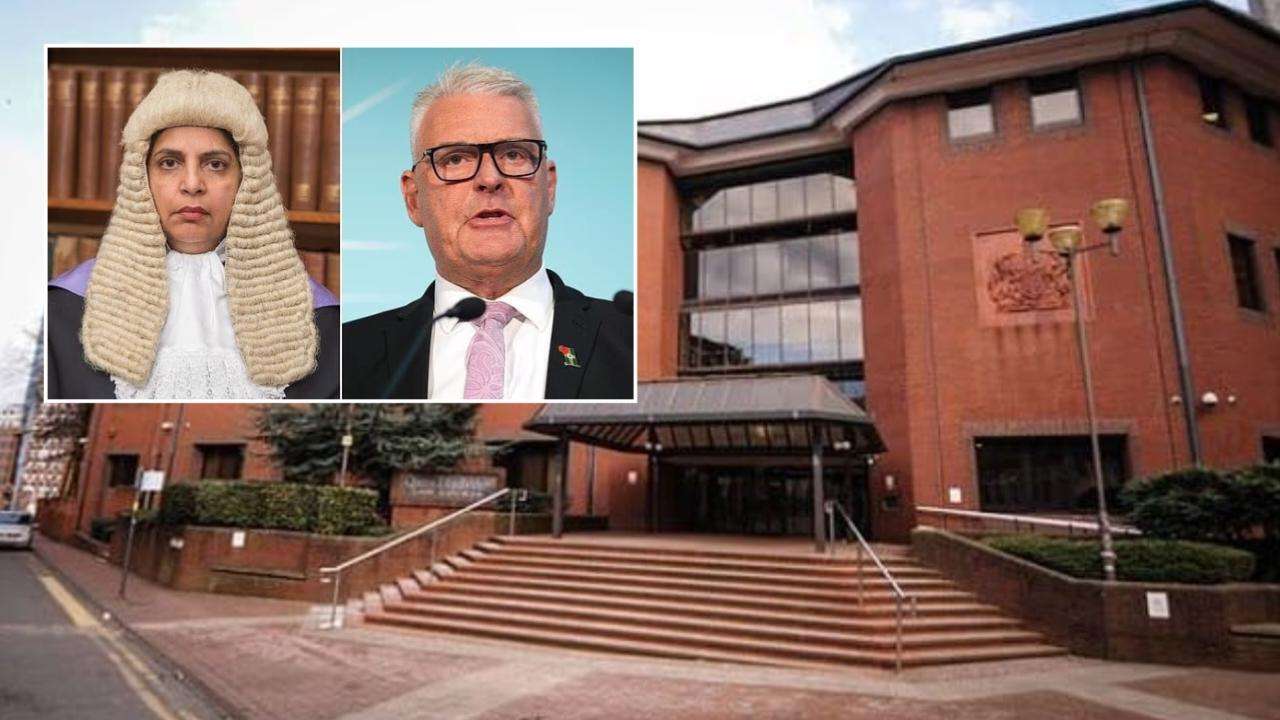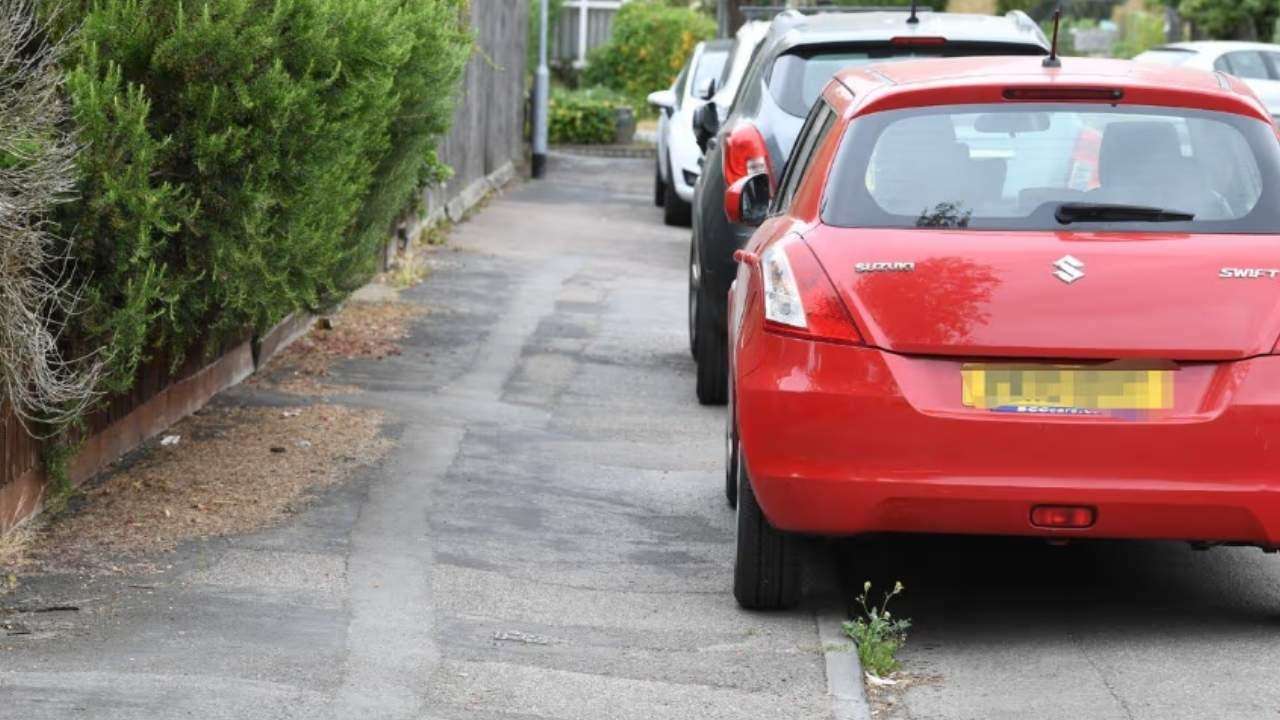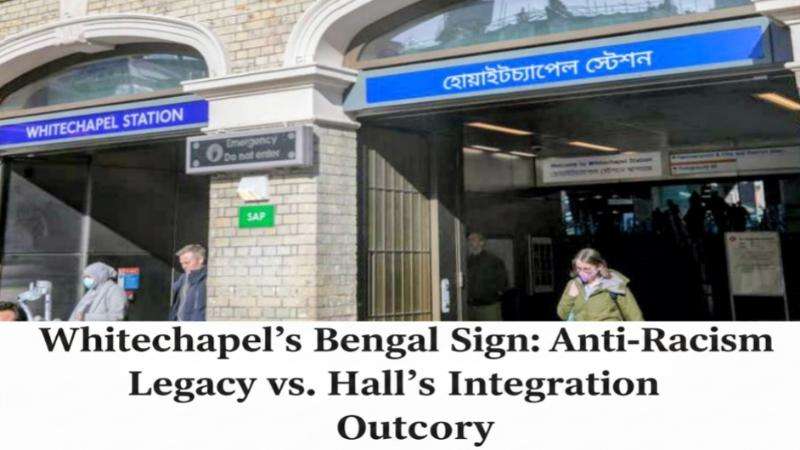A perfect storm of historic underfunding and a crippling £1.4 billion debt is being blamed for the visible decay and strained public services in Croydon, leading politicians to declare that the borough is being systematically destroyed by an unfair national system. While neighbouring inner-London boroughs receive significantly more per person, Croydon, London's largest borough by population, is left fighting for its financial survival, forcing its Executive Mayor and opposition to launch competing campaigns demanding immediate government intervention.
The Financial Chasm: Why Croydon is Always Behind
The core of Croydon's struggle lies in an outdated, decade-old government funding formula that fails to recognise its modern pressures. This historic oversight is the primary reason why the streets of Lambeth and Southwark, for example, appear "cleaner" and better maintained, as openly admitted by local political figures.
The Funding Gap: Data from 2022/23 clearly illustrates the disparity: Croydon received £4,650 per person, drastically lower than Lambeth's £5,077 and Southwark's £5,378.
The Outer London Myth: This imbalance, according to Labour’s mayoral candidate Rowenna Davis, stems from a formula dating back to a time when Outer London was considered relatively wealthy compared to deprived Central London. That scenario has clearly reversed, with Croydon now grappling with some of London’s deepest social challenges, yet receiving less for essential services like education, adult social care, and environmental maintenance. The borough also carries a disproportionate burden in supporting asylum seekers without the commensurate financial aid.
The Debt Devourer: The situation is compounded by a catastrophic £1.4 billion General Fund debt—a toxic legacy from previous administrations’ mismanagement, notably the failed 'Brick by Brick' housing venture. The annual cost of servicing this debt alone is estimated to be around £71 million for 2025/26, consuming approximately 16% of the council's Core Spending Power. This massive expenditure on interest payments drains funds that could otherwise be used to directly fund frontline services, keeping the borough perpetually behind its less indebted peers.
Political Battle for Fairness and Survival
Both the current Conservative Executive Mayor, Jason Perry, and Labour's mayoral candidate, Rowenna Davis, have united on the single crucial point that the government must act. They are both pressuring the Secretary of State for Housing, Communities and Local Government—who is also Croydon North MP, Steve Reed—to deliver the Fair Funding Review (FFR) in full.
Mayor Perry's campaign, co-signed by dozens of Conservative councillors, frames the issue as the final step in his administration’s mission to stabilise the council's finances and restore good governance. He highlights early government modelling suggesting Croydon stands to "gain significantly" from the proposed changes, which aim to link funding to current population growth, social challenges, and deprivation levels. His call is to resist any attempt to dilute the new formula, especially amid speculation that formulas may be adjusted to lessen the financial impact on inner-London boroughs, which have historically received higher settlements.
Meanwhile, Ms. Davis’s rival "Fair Funding Campaign," launched on the same day, seeks to rally public support via petitions, linking the crisis to "decades of neglect" and arguing that the council and its people are "at breaking point." While both agree on the desired outcome, their efforts also betray the political tensions ahead of the May 2026 mayoral election, with each side claiming the moral high ground on who first championed the cause. Ms. Davis has also urged a more constructive approach, accusing the Mayor of "scaremongering" in previous disputes with the national government.
The Unspoken Elephant in the Room: The Bailout Question
While a fairer funding settlement is universally accepted as essential for easing pressure on overstretched public services, it is only half the battle. Crucially, a revised funding formula does not address the issue of Croydon’s crippling £1.4 billion debt.
Despite being granted a record-breaking £136 million in Exceptional Financial Support (EFS) for 2025/26—a form of capital loan to cover revenue spending—the council's debt burden continues to grow. This EFS only postpones the inevitable. The comparison to Woking Council, which received a £500 million government bailout amid local authority restructuring, only fuels the growing calls from various quarters for a direct debt write-off for Croydon. Without an unprecedented intervention to tackle the toxic debt, even a "fair" funding settlement may not be enough to prevent the borough’s continued financial pain, meaning residents will still feel "squeezed" as council tax hikes and service cuts persist to service the historic loans.
Croydon's destruction is therefore not a recent event, but a dual-layered, decades-long crisis: one layer of inherited financial mismanagement and a second layer of systemic national underfunding that has failed to adapt to the borough's profound social and economic need. The Fair Funding Review is a vital opportunity to correct the latter, but the long-term sustainability of the borough hangs on the government’s willingness to address the former.







.jpg)
.svg)


.jpg)